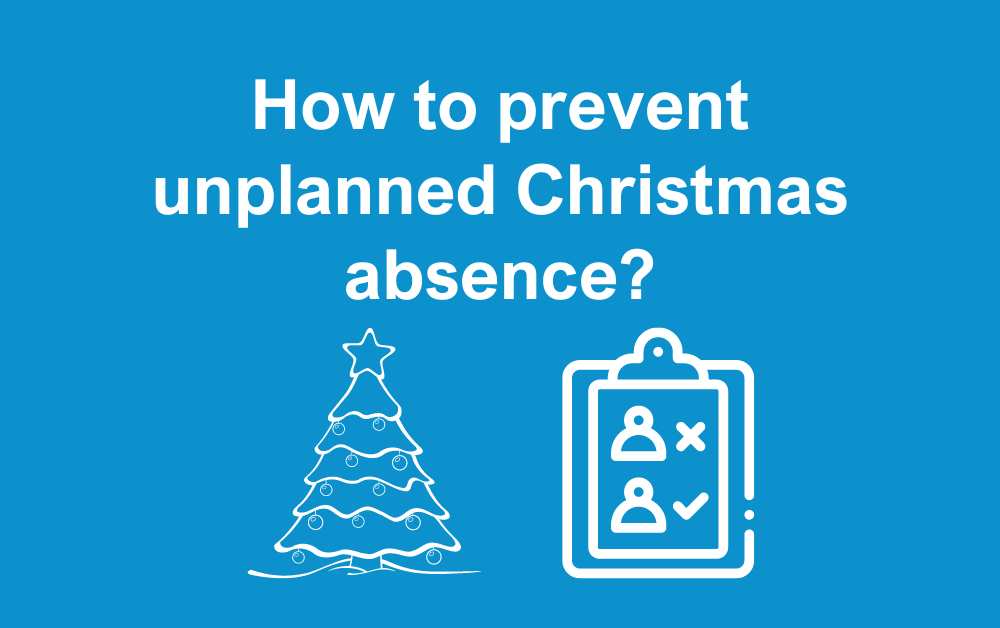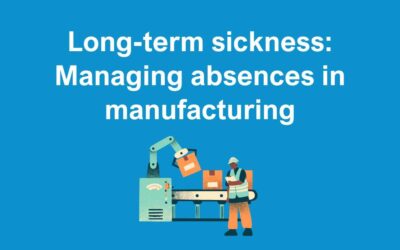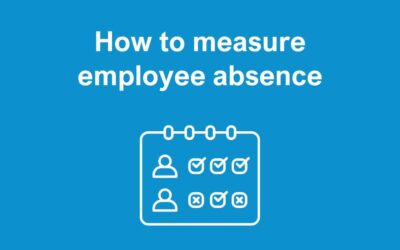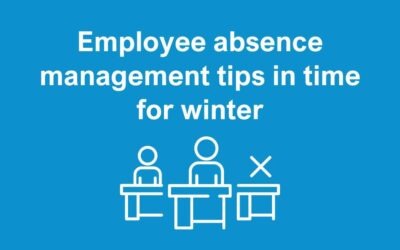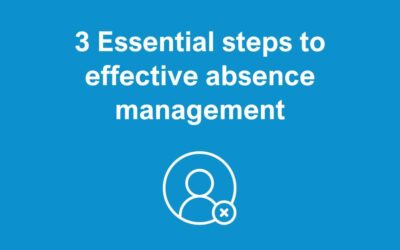It’s likely that you usually see a rise in unplanned absence over the Christmas period. Of course, it’s winter, so colds and other illnesses are more common and mental health can become worse. But what do you do if you suspect that people are pulling sickies to finish their Christmas shopping, or to sleep off overindulgence?
The first thing you must do is to conduct back to work interviews for every unplanned absence. You’ll detect whether your people are lying about their reasons for being off. This may be enough in itself to deter some people. If they’re repeat offenders, you can request medical evidence, such as a doctor’s note, or even proof of a doctor’s appointment, which would have likely been texted to their phone.
However, it’s important to keep in mind that not all employees are ‘pulling sickies’ and absence management should be tackled correctly.
What is absence management?
Absence – or attendance – management encourages you to look at the ways you can decrease the amount of unplanned absence that occurs in your business. We say decrease, because you will never completely rid your business of unplanned absence. It’s unavoidable that from time to time your employees will need to take time off for illness (either their own, or someone in their care), injury, or even bereavement.
However, there is a series of things you can do to encourage or improve good health and wellbeing; these play a crucial role in absence management, alongside the no-so-nice things, like disciplinaries for excessive or persistent absence, or those cases where you know your employee is pulling a fast one.
Download Your Free Absence Management eBook
Of course, there are other things you can do to help minimise employee absence at Christmas – or any other time of year. It’s a big problem for many businesses, so we have created a free guide to help you make the right changes in your business.
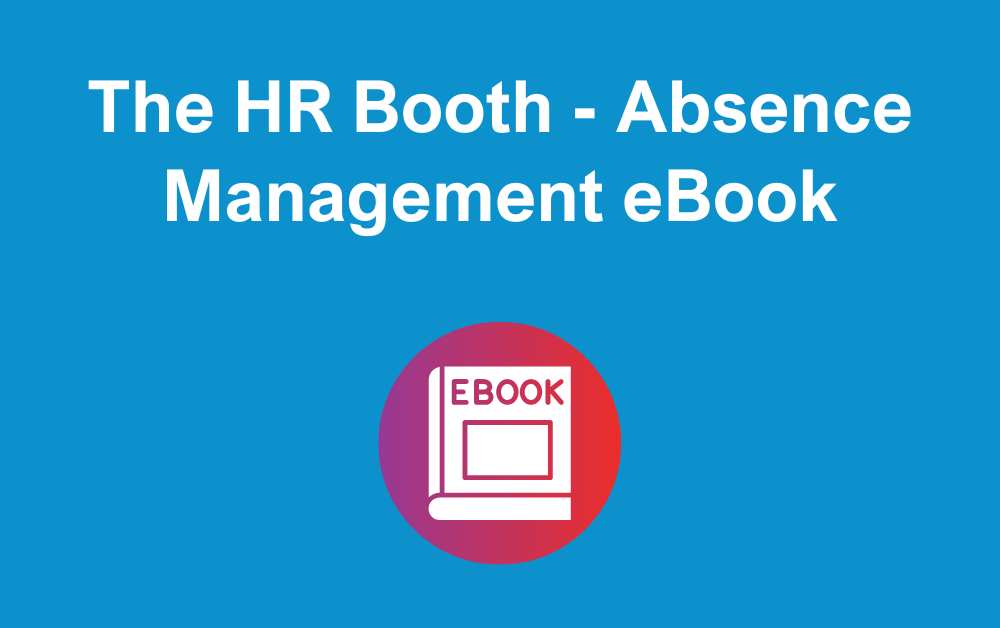
e-book content
There is a series of things you can do to encourage or improve good health and wellbeing; these play a crucial role in absence management, alongside the no-so-nice things, like disciplinaries for excessive or persistent absence, or those cases where you know your employee is pulling a fast one.
Download the Absence Management eBook
Recording unplanned absence
It’s a really good idea that you record any instances of unplanned absence in your business, rather than waiting for someone’s absence to become a problem.
By doing this, it means you’ll be able to spot any patterns in absence, and therefore highlight any problems long before you might do otherwise. For example, perhaps someone takes every third Friday off sick, or maybe one of your teams has a much higher rate of absence than the others. When you record this data, it will become really easy to identify areas of concern, and give you a better opportunity to tackle and resolve potential problems.
One method that you may use to record and monitor absence is the Bradford Factor. This is a scale that helps you give weighting to any absence to help you spot areas of concern more easily. You record instances of absence x days absent over 52 weeks. This means that someone who takes frequent short periods of absence will total a higher score than someone who takes more days over fewer instances.
You can apply your own threshold measures to the scale, depending on the potential impact absence will have on your business.
It’s worth noting that while the Bradford Factor is fair in a sense (it treats everyone the same), for those employees with disabilities or long-standing issues, for example, it can be unfair. You need to assess each case individually and act reasonably when reading the results, as always.

